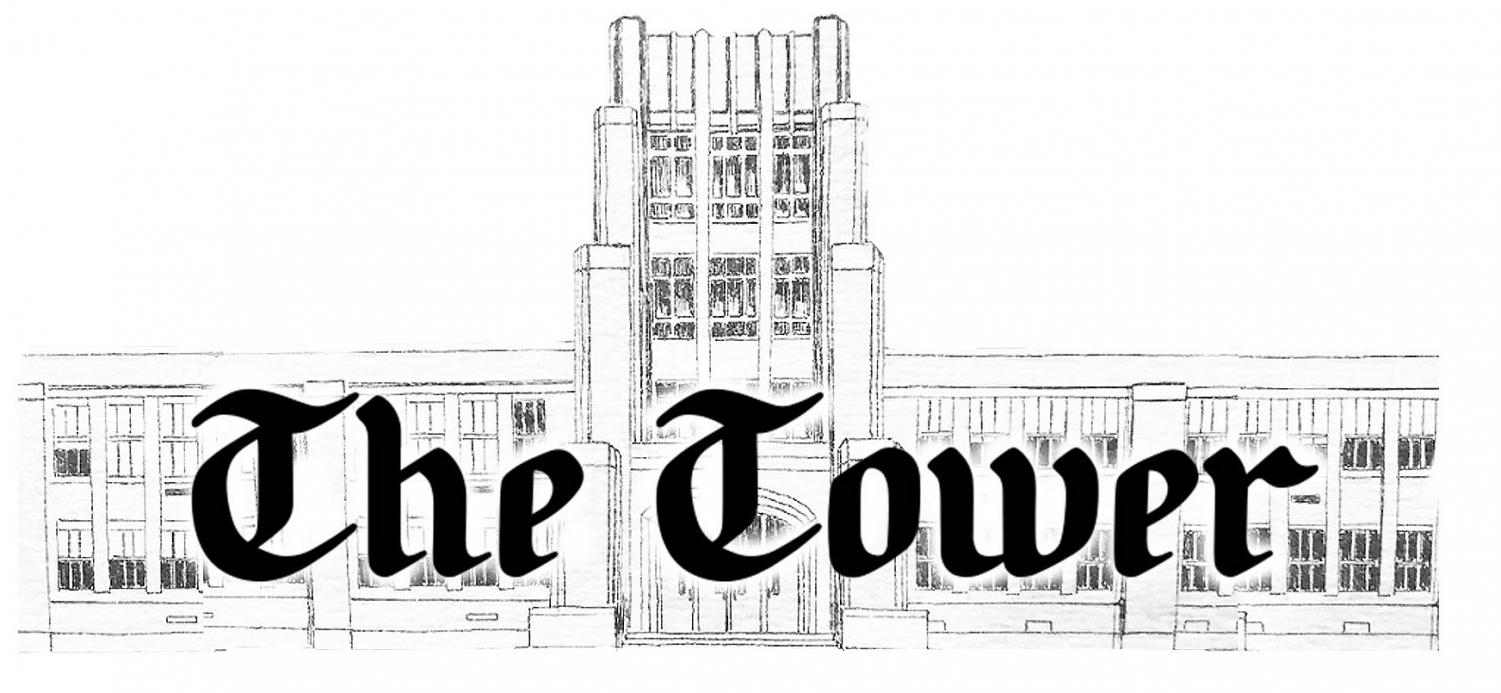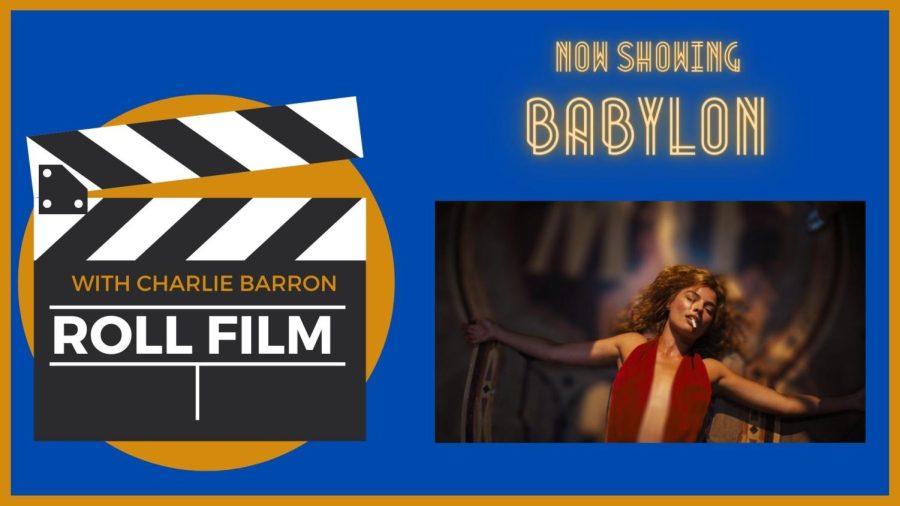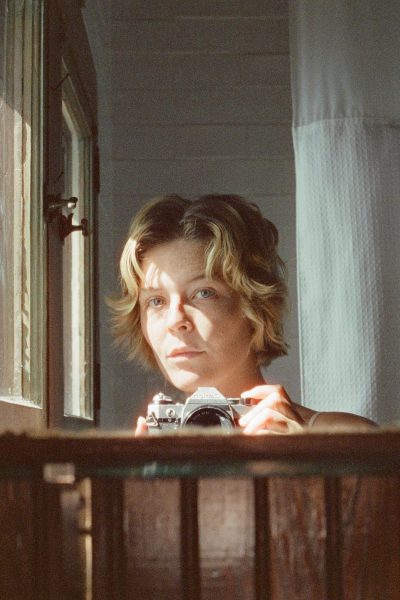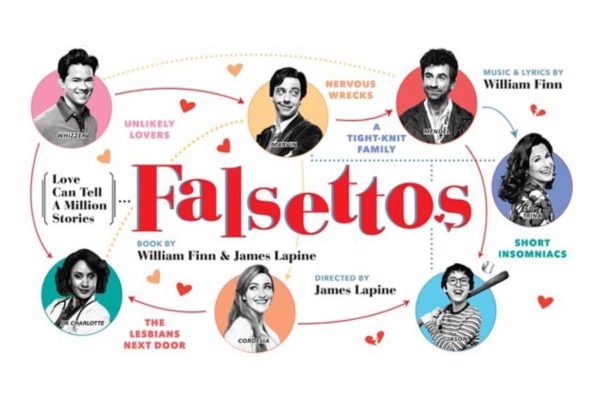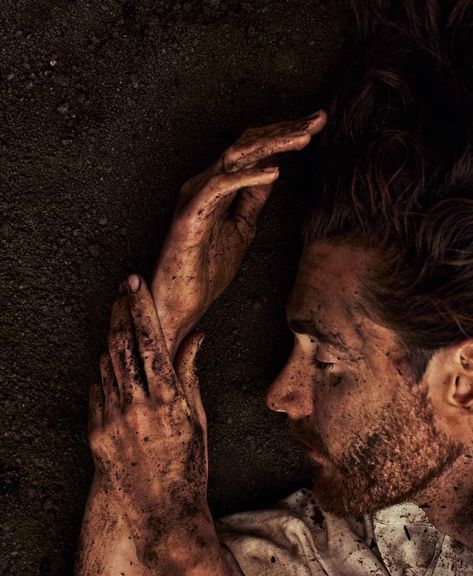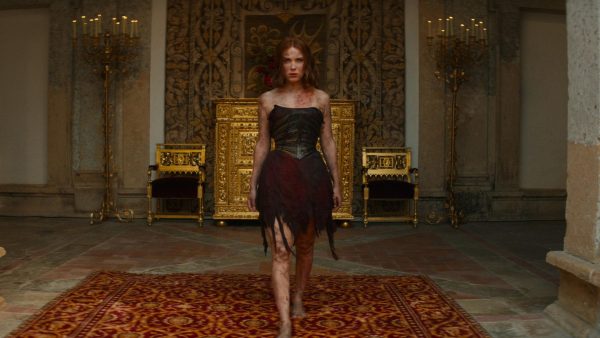Roll Film with Babylon
February 2, 2023
Damien Chazelle’s newest theatrical release Babylon is a demented, grand reflection on Hollywood’s Golden Age. The controversial new release has had a challenging run at the box office, failing to reach expectations financially. Additionally, the film has a dividing quality that many audiences have not responded to well, however that does not mean it doesn’t work.
Babylon feels like the natural evolution of Chazelle’s filmmaking approach from 2016’s La La Land, as he creates another madly stylized and detailed setting with almost cartoonish side characters that elevate the journey of the comedic but deeply troubled protagonists. Justin Hurwitz returns as composer from La La Land with an Academy Award nominated score in the style of 1920s jazz for Babylon. Although they’re lacking any of the acting nominations at the Oscars this year, the cast is one of the strongest aspects of Babylon, with the weight of the stars being the only reason that this got the little box office play it had. Brad Pitt and Margot Robbie, two of the most electrifying movie stars of today reunite from 2019’s Once Upon a Time in Hollywood, a similarly bombastic historical fiction of Hollywood. Babylon is a striking picture of the 1920s and 1930s as opposed to the view of the late 60s that Tarantino presents in Once Upon a Time in Hollywood.
Completing the main trio of protagonists is Diego Calva as Manny Torres, a young man whose dream is to be on set and wants nothing more than to be a part of the bigger picture of cinema. Manny is the emotional core of the film, as his ambition leads him through the ranks of early Hollywood. Calva totally keeps up with his outrageously more famous co-stars, along with other smaller characters played by Jean Smart, Jovan Adepo and Li Jun Li. The drive to be a part of/remain in the movies is a major strife of the players in the movie, and the real world history of Hollywood’s perseverance leads to the various majesties and disappointments that the characters face.
The presentation of Babylon is a marvel to see in the cinema, as the opening party scene pulls out every stop to create a spectacle. These party scenes are directed with such gall and precision, as Chazelle guides the viewer’s eye across upwards of twenty people on screen at once and makes key defining images amongst visual chaos. In a particular set piece early in the film, Chazelle captures a day of shooting in the California desert as Pitt’s character shoots a war epic and Robbie makes her debut in a flirty bar scene. In one grand shot, Chazelle films a giant battle as they did in old Hollywood, with over hundreds of underpaid extras running at each other without safety precautions. As the camera follows this massive landscape of actors, it pans over to the behind the scenes, in an equally impressive look at the massive orchestra. Chazelle pairs an actor jousting on a horse with the speeding car keeping up with it, with the manic director on top shooting. The massive party and first day on set make up about the first hour of the movie, while the rest of the film follows with an electrifying pace as the years go on for the characters.
Babylon has not done as well as it could’ve compared to the run of popular movies in 2022. It is intentionally provocative in its identity, which is one of the reasons why it isn’t playing super well among general audiences. Another commonly raised gripe with the film is its over three hour runtime. As opposed to some other three hour December 2022 films (looking at you, Avatar), Babylon does use its time well and doesn’t leave room to be bored, but not wanting to stay in the theater that long is understandable. There is big “this isn’t for everyone” energy, but to those willing to sit through the extended trip that is Babylon, it will HIT.
